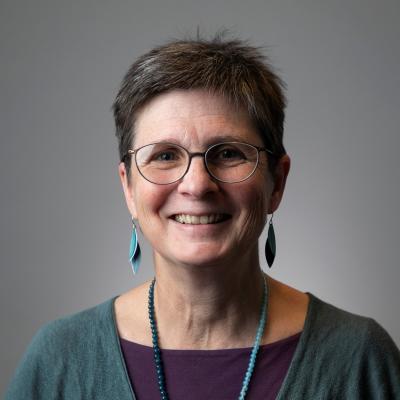Healthcare, holidays and how we make choices
7 February 2013

At last week’s National Voices conference, David Nicholson asked why it is that people will spend hours and weeks researching and planning a holiday, or purchasing a new car, but don't put the same effort into making decisions about their own healthcare.
It’s a good question and I hope the Commissioning Board are ready to act on the answer.
When we make decisions about a holiday or a new car we have an implicit understanding of a number of things. We know that what makes a good holiday or car is personal: does it need to meet the needs of a family, an individual or a group of friends? Is it a short break or a trip of a lifetime?
We also know that the amount effort we want to put into our holiday is variable: do we want to plan every aspect of our trip ourselves or do we want to hand the planning and logistics over to someone else? Or somewhere in between? We all want different things from holidays and there is a huge industry to meet this need – so why isn’t this the case for healthcare?
Perhaps the first thing the Commissioning Board needs to consider in answering this is whether healthcare sufficiently personalises care to make us feel that it’s worthwhile getting engaged. Then, once we are engaged, do we have the support and information required to help us decide whether we want to be an 'independent traveller' or join an organised tour through a travel agent?
The personalisation agenda is surely one of the biggest challenges facing healthcare. Firstly, because to personalise healthcare there needs to be wider recognition that choice is far more fundamental than simply where people can go for their treatment. It is about recognising the lack of certainty that is associated with many healthcare interventions and that, as a consequence, choosing the right course of treatment (including the choice to do nothing) will depend on the trade-offs individuals are prepared to make.
And secondly it’s a challenge – we need to realise that the NHS’s role in ‘looking after’ people who are unwell is pretty limited. People are looking after their own health every moment of their life – for better or worse. If the NHS can equip us to do that better, rather than taking on the responsibility itself, there could be significant health gains to be achieved.
It isn't just the NHS that needs to change – as a society we need to recognise that health isn’t produced by the NHS, it is a product of our own lives and interactions with the services available to help us. The British are often characterised as a deferent nation and doctors remain one of the most trusted professions. Do we defer too much to ‘doctor knows best’? I suspect it is more complex than this.
Our attitudes to healthcare are shaped by our early interactions, generally simple and straightforward childhood illnesses and accidents where there are simple fixes. As we get older our healthcare needs are inevitably more complex, but have we developed the understanding of our choices and options to engage productively?
Until levels of health literacy increase and we recognise our need to take an active role in our care, we will fail to capitalise on the greatest asset the NHS has – the people using its services.
Jo is Director of Strategy at the Health Foundation.
Work with us
We look for talented and passionate individuals as everyone at the Health Foundation has an important role to play.
View current vacanciesThe Q community
Q is an initiative connecting people with improvement expertise across the UK.
Find out more

